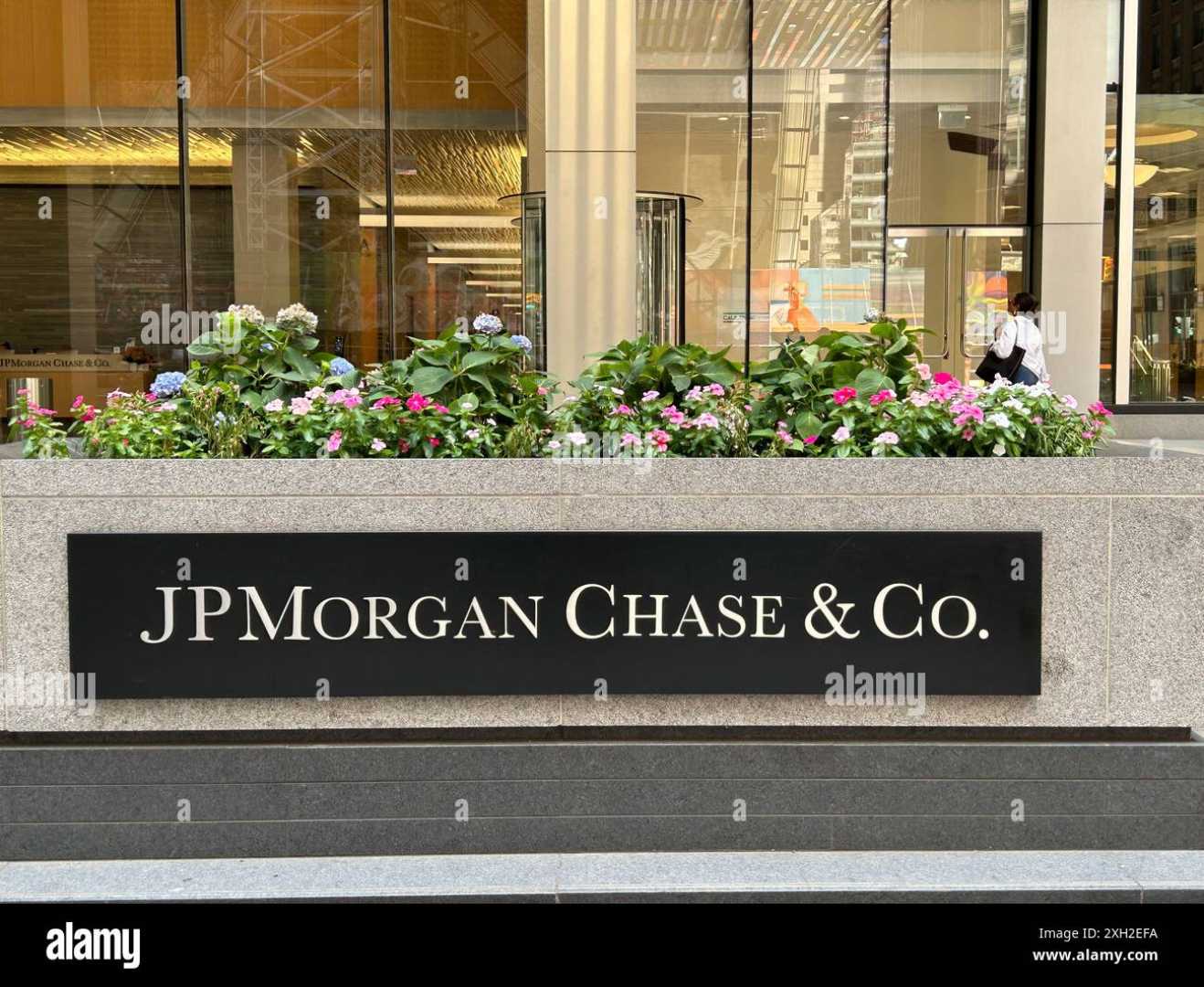Business
JPMorgan Chase CEO Warns of Economic Turbulence Amid Trade War

NEW YORK, N.Y. — JPMorgan Chase Chairman and CEO Jamie Dimon warned Friday of significant economic turbulence resulting from ongoing trade conflicts and tariffs, calling the current situation ‘almost impossible’ to compare with prior economic cycles.
During a conference call with analysts, Dimon highlighted the uncertainty injected into the economy by President Donald Trump’s recently announced 10% baseline tariff on U.S. imports, along with reciprocal duties on various countries, specifically mentioning the impact felt since the tariffs were introduced on April 2. ‘There’s a lot of issues out there,’ he said, adding that the next few months will be crucial for understanding the direction of the economy.
Dimon noted that the prospect of recession is increasingly likely, with the bank’s economists predicting a 50/50 chance. ‘If there’s a recession, credit loss will go up,’ he stated. Analysts have already begun to cut earnings estimates, with many businesses hesitant to make long-term decisions amid the uncertainty surrounding trade policies.
Despite these challenges, Dimon expressed confidence in JPMorgan’s resilience. He emphasized, ‘We have the margins and capability to get through just about anything,’ pointing to the bank’s solid investments in branches and technology as a means to weather the storm.
The escalating trade tensions, particularly with China, are creating a complex situation, according to Dimon. He voiced hopes for the administration to engage in effective trade negotiations, stating, ‘I think that will be good for everybody.’ His remarks come as Wells Fargo similarly urged for a ‘timely resolution’ of trade disputes.
JPMorgan reported first-quarter profits of $14.6 billion, a 9% increase year-over-year, alongside revenues of $45.3 billion, up 8%. The bank attributed a significant portion of growth to a 12% rise in investment banking fees. However, CFO Jeremy Barnum indicated a cautious stance moving forward, acknowledging rising uncertainty that may hinder new business activity.
As trade tariffs begin to reshape consumer behavior, Dimon highlighted emerging patterns such as ‘pulling forward’ spending as consumers anticipate price increases due to tariffs. He remarked on the behavioral shift among corporate clients, many of whom are exhibiting a ‘wait-and-see attitude’ regarding strategic investments.
The combination of tariffs, sticky inflation, and geopolitical risks presented a tough environment, said Dimon. ‘This is about ultimately maintaining the health of the Western world economically and militarily,’ he stated. He reiterated that while the immediate economic indicators are noteworthy, the long-term outcomes of current policies and global cooperation are what truly matter.
JPMorgan’s additional reserve build of $973 million in the quarter signals a prudent approach amid uncertainties. As the bank prepares for potential loan defaults, Barnum expressed that the focus remains on future economic stability.
Dimon’s comments reflect a broader concern shared by many business leaders as they navigate the complexities of trade and economic policy in an unpredictable landscape.












